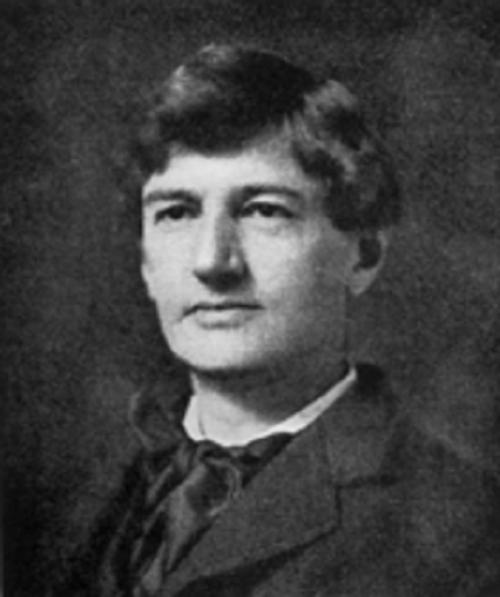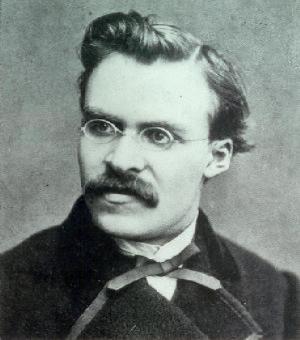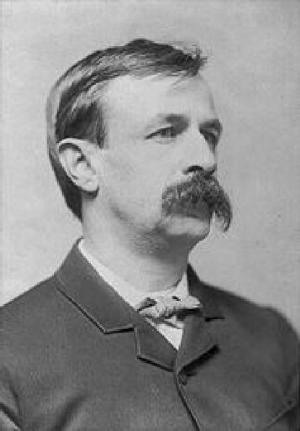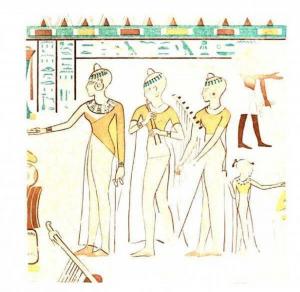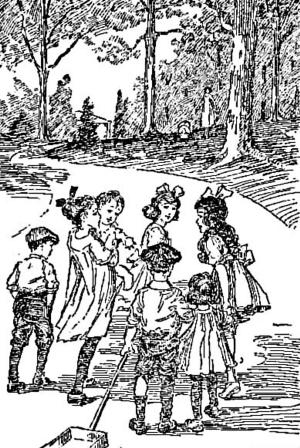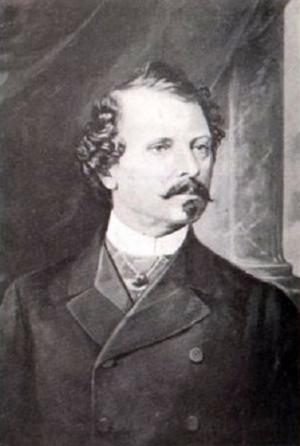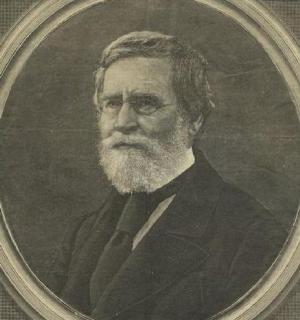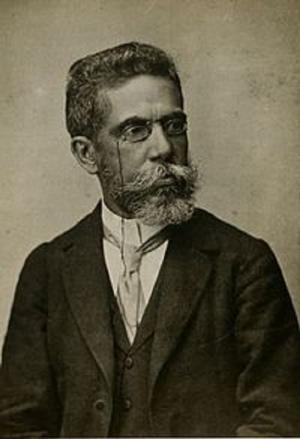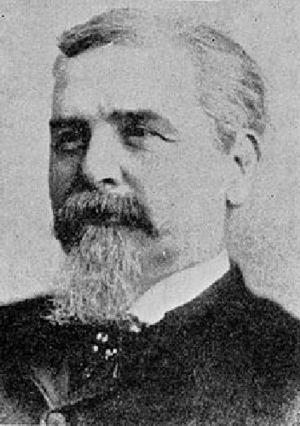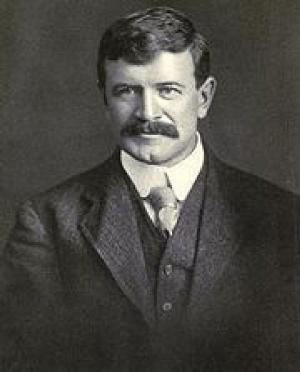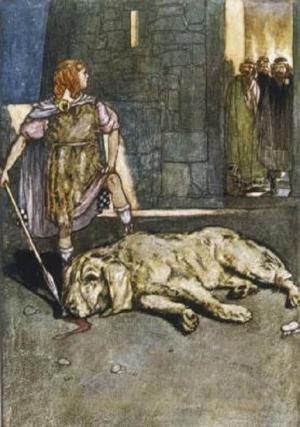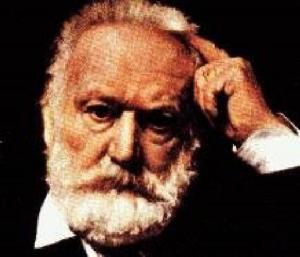| Author: | Sappho, Bliss Carman | ISBN: | 9781455308613 |
| Publisher: | B&R Samizdat Express | Publication: | December 15, 2009 |
| Imprint: | Language: | English |
| Author: | Sappho, Bliss Carman |
| ISBN: | 9781455308613 |
| Publisher: | B&R Samizdat Express |
| Publication: | December 15, 2009 |
| Imprint: | |
| Language: | English |
According to the Introduction: "Perhaps the most perilous and the most alluring venture in the whole field of poetry is that which Mr. Carman has undertaken in attempting to give us in English verse those lost poems of Sappho of which fragments have survived. The task is obviously not one of translation or of paraphrasing, but of imaginative and, at the same time, interpretive construction. It is as if a sculptor of to-day were to set himself, with reverence, and trained craftsmanship, and studious familiarity with the spirit, technique, and atmosphere of his subject, to restore some statues of Polyclitus or Praxiteles of which he had but a broken arm, a foot, a knee, a finger upon which to build. Mr. Carman's method, apparently, has been to imagine each lost lyric as discovered, and then to translate it; for the indefinable flavour of the translation is maintained throughout, though accompanied by the fluidity and freedom of purely original work."
According to the Introduction: "Perhaps the most perilous and the most alluring venture in the whole field of poetry is that which Mr. Carman has undertaken in attempting to give us in English verse those lost poems of Sappho of which fragments have survived. The task is obviously not one of translation or of paraphrasing, but of imaginative and, at the same time, interpretive construction. It is as if a sculptor of to-day were to set himself, with reverence, and trained craftsmanship, and studious familiarity with the spirit, technique, and atmosphere of his subject, to restore some statues of Polyclitus or Praxiteles of which he had but a broken arm, a foot, a knee, a finger upon which to build. Mr. Carman's method, apparently, has been to imagine each lost lyric as discovered, and then to translate it; for the indefinable flavour of the translation is maintained throughout, though accompanied by the fluidity and freedom of purely original work."
